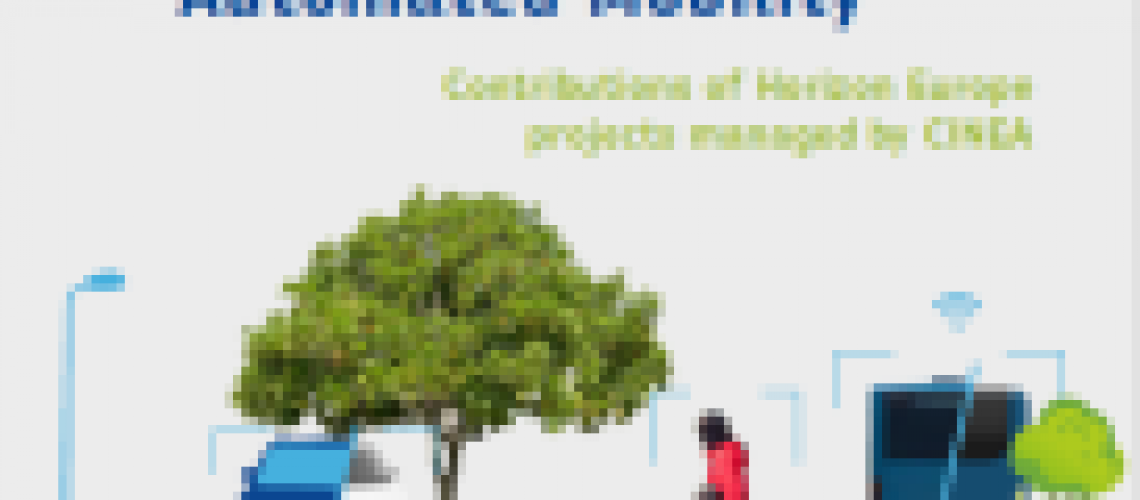The EU’s Climate, Innovation and Environment Executive Agency, CINEA, has released a brochure presenting a comprehensive overview of the Cooperative, Connected and Automated Mobility (CCAM) projects that it currently manages. These projects are those funded under the first two calls (2021 and 2022) of respective part of the EU’s Horizon Europe programme for research and innovation.
New mobility trends and technologies are driving radical change in our transport systems. This change will have a profound impact on the environment, transport users and businesses. Automated transport is a crucial element in this transformation. It has the potential to reduce road fatalities to near zero, improve accessibility of mobility services and reduce harmful emissions from transport by making traffic more efficient.
The EU is investing substantial financial resources to achieve an intelligent transport network, integrating information and communication technologies with transport infrastructure, vehicles and users. While this creates huge opportunities, it also comes with challenges, such as ensuring that the automation of transport happens in a connected, cooperative and safe way.
CINEA is responsible for the implementation of a growing number of EU projects that develop, test and exploit innovative solutions funded under the EU’s research and innovation programme, Horizon Europe. The EU is contributing around €500 million to support the development and take-up of highly automated and connected driving systems through the programme.
This brochure provides a comprehensive overview of the CCAM projects that are receiving EU funding following their selection under the first two calls of the Horizon Europe programme, so those from 2021 and 2022. The projects cover a range of domains, from data ecosystems to infrastructure support, validation methodologies to environmental aspects, and more.


